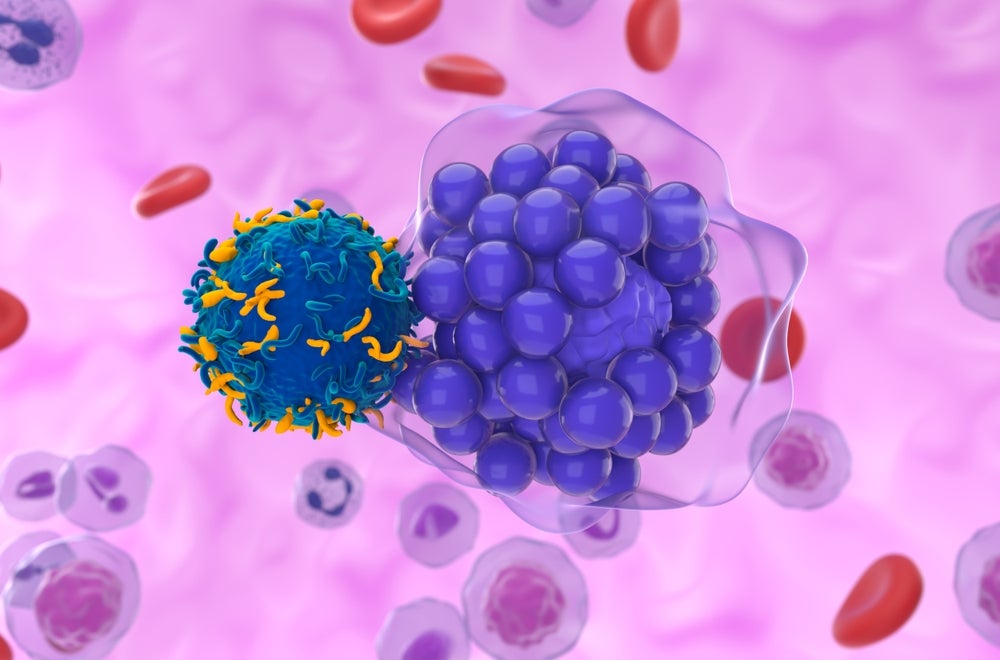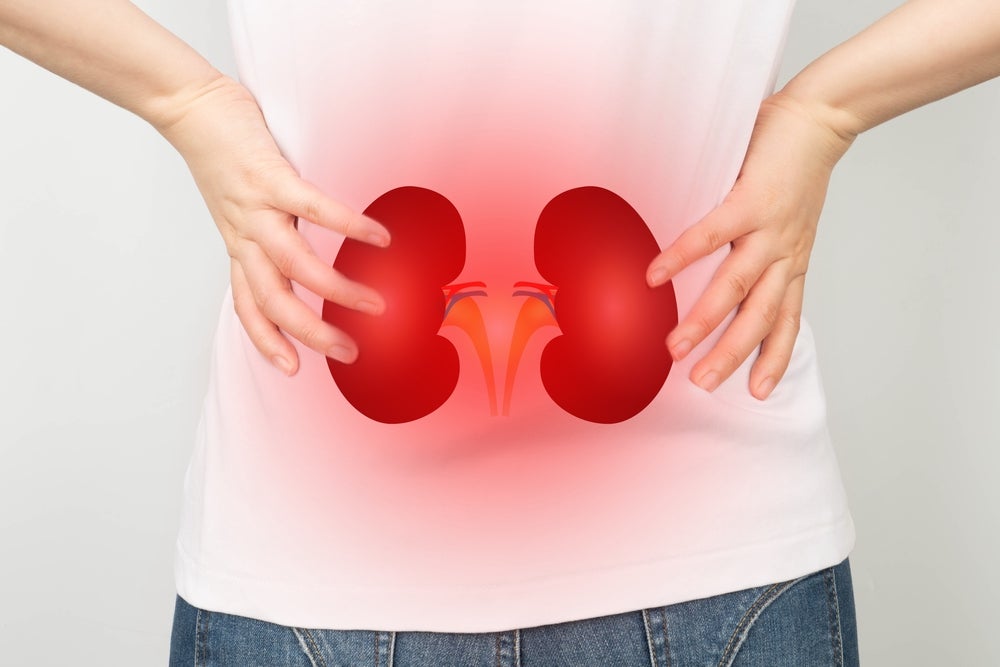Opinion: Rolling back SNAP benefits puts millions of children at risk of hunger and long-term health consequences
Now, combined with food inflation, rolling back to an already-inadequate benefit amount is likely to lead to harmful outcomes for kids.

At our pediatric clinic, we recently saw a child whose mother lost her job during the pandemic working as a caterer. The mother struggled to put food on the table after the precipitous loss of income. After the family enrolled in SNAP, we could literally measure how that policy benefited our young patient. After teetering close to severe malnutrition, she returned to a healthy weight. Now, the mother is back to work and trying to grow her business again. But new change may once again place her family at risk of food insecurity and poor health.
In medicine, we are taught to follow the evidence and use research-based solutions for health. We know from decades of research that the Supplemental Nutrition Assistance Program, known as SNAP, is effective in reducing food insecurity and improving health for people of all ages. Given overwhelming evidence on the positive impacts of SNAP and its ability to rapidly respond to nutritional needs during times of crisis, Congress quickly passed legislation in March 2020 enabling states to provide boosted payments known as Emergency Allotments to help families manage financial hardships and promote health during the Covid-19 pandemic. Building on the evidence from a similar boost during the Great Recession, research showed that these allotments worked to stave off widespread hunger. The enhanced benefits helped millions of families, including those with young children, put food on the table and manage other basic household expenses, reducing the stresses of poverty.
What's Your Reaction?

































